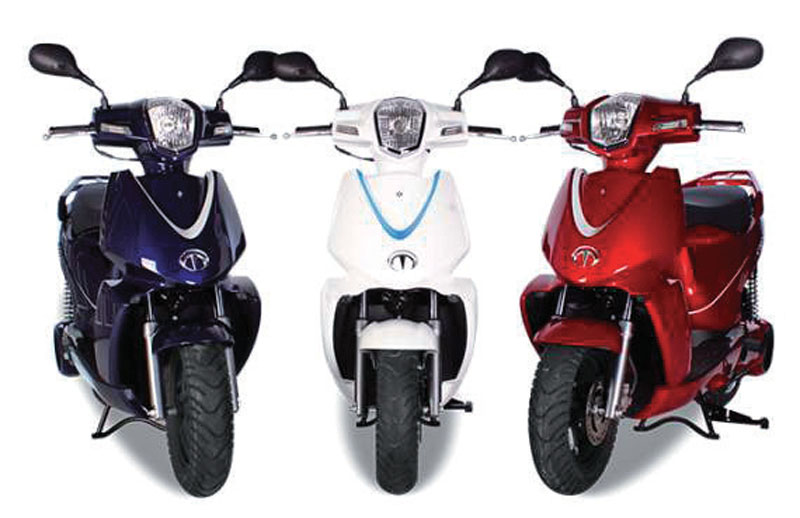Govt to make electric two-wheelers’ registration with DoTM mandatory
This becomes all the more important if such unregistered vehicles are involved in hit-and-run cases
Kathmandu, February 13
The government is preparing to make it mandatory for all two-wheeler electric vehicle owners to get their vehicles registered at the government offices soon.
Expressing concern that electric motorcycles and scooters plying the country’s roads without registration are posing threats of accidents, the Department of Transport Management is gearing up to make it compulsory for all electric two-wheelers to be registered.
Along with the increasing import of electric two-wheelers after the country witnessed acute fuel crunch due to continuous border obstruction during the Tarai unrest in 2015-16, DoTM had urged electric two-wheeler riders to get their vehicles registered without delay. However, only a few riders heeded the DoTM’s call and hence the government is planning to announce compulsory registration for such two-wheelers soon.
“We realised the necessity of getting all EVs, including two-wheelers, registered, as it is next to impossible to keep track of unregistered vehicles. This becomes all the more important if such unregistered vehicles are involved in hit-and-run cases or in any other criminal activities,” said Rupnarayan Bhattarai, DoTM director general.
He added that making registration mandatory for all EVs would ensure that all vehicles running in the country’s roads are under the government scanner.
As a majority of electric two-wheeler are still not registered at DoTM, Bhattarai said the government did not have data on the total number of EVs in the country. He added that it was all the more necessary to register such vehicles, as their import had been increasing for the past few years.
DoTM officials added that a proper law was required to regulate EVs in the country in the backdrop of increasing import of electric vehicles.
As the government has adopted policy of gradually substituting fuel-run vehicles with electric vehicles, import of EVs is bound to increase further.
In a bid to encourage EVs, the government has been reducing customs tariff on EVs in the past few years. The government, through the fiscal budget of 2016-17, had slashed customs tariff on big electric vehicles (buses, minibuses) to one per cent (of the total cost) from 30 per cent earlier, while electric jeeps, cars, vans and two-wheelers need to pay only 10 per cent customs tariff.
Similarly, the Nepal Electricity Authority has also initiated a policy of setting up EV charging stations to promote the technology.






